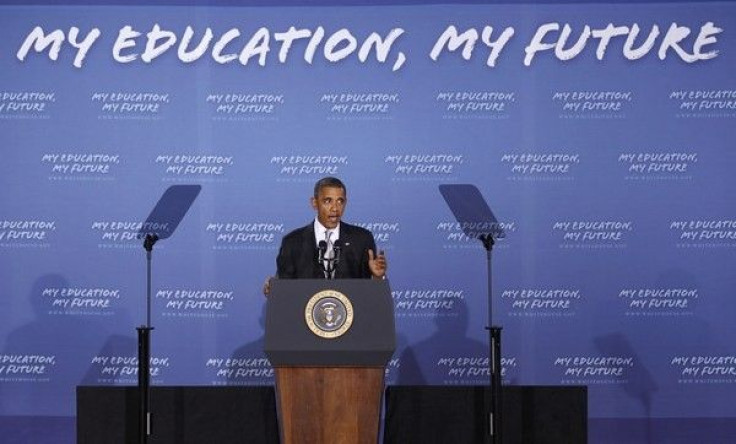Federal spending cuts to hit services in Philadelphia: City controller

As a new crop of freshmen legislators in the US Congress brace for spending cuts, a reduction in federal funding will significantly impact the services in the City of Philadelphia, says a report.
“Combining the potential impact of the new political reality in our nation’s capital along with political changes in Harrisburg, the City of Philadelphia faces uncharted political and financial waters,” said Alan Butkovitz, Philadelphia city controller, in a report on Wednesday.
Under the current FY2011 budget, the City receives $1.8 billion in funding for all services and programs provided by city departments. Of the total funding, $1.2 billion came under special revenues, with a major share going for health and human services.
The report titled “Philadelphia’s New Funding Reality,” said that a potential five percent state cut in special revenues would see a reduction of $53 million funding to the Office of Behavioral Health and Mental Retardation Services. A 30 percent cut will bring down the funding by $319 million for these services, says the report.
“The possibility of cuts in state funding for essential services would require the City to find alternative revenue sources or be forced to reduce current service levels or eliminate some programs altogether,” said Butkovitz. “The City has already reduced services and raised taxes under the last two budgets to maintain current levels of service and programs for its citizens.”
In case of the City’s department of human services, a 30 percent spending cut would reduce its budget by $117 million, almost equal to the cost of Juvenile Justice Programs that provide adjudication, placement and support for youths offenders.
Further, state legislators may resort to amending the law to alter eligibility requirements and funding formulas to reduce overall costs, as most of the City’s revenues are for state mandated programs such as health and human services.
“The prevalence of a vocal budget slashing contingent of new lawmakers in Washington as well as Harrisburg puts all programs on the table as far as cuts go,” said Butkovitz. “Discretionary funding will be the first to go because there is less resistance when eliminating it as a budget line item.”
Discretionary funding cuts would mean a reduction ranging from $118,000 to $705,000 for Philadelphia’s Police Department, which is equal to the cost of putting 12-to-15 police officers on the street.
In addition to cuts to special and general revenues of the City, the state is likely to reduce its current $1.5 billion funding to the School District of Philadelphia. Out of this total funding, about $1 billion funding is through the Basic Education Subsidy, which could be also see a reduction if lawmakers changed the funding formula.
“If comments that are being made in Harrisburg ring true, the School District should brace itself and prepare contingency plans to operate with less funding from the state,” said Butkovitz. “School districts throughout New Jersey are being forced to deal with this new funding reality, and Philadelphia should expect to deal with a similar financial reality in the next year.”
© Copyright IBTimes 2024. All rights reserved.











